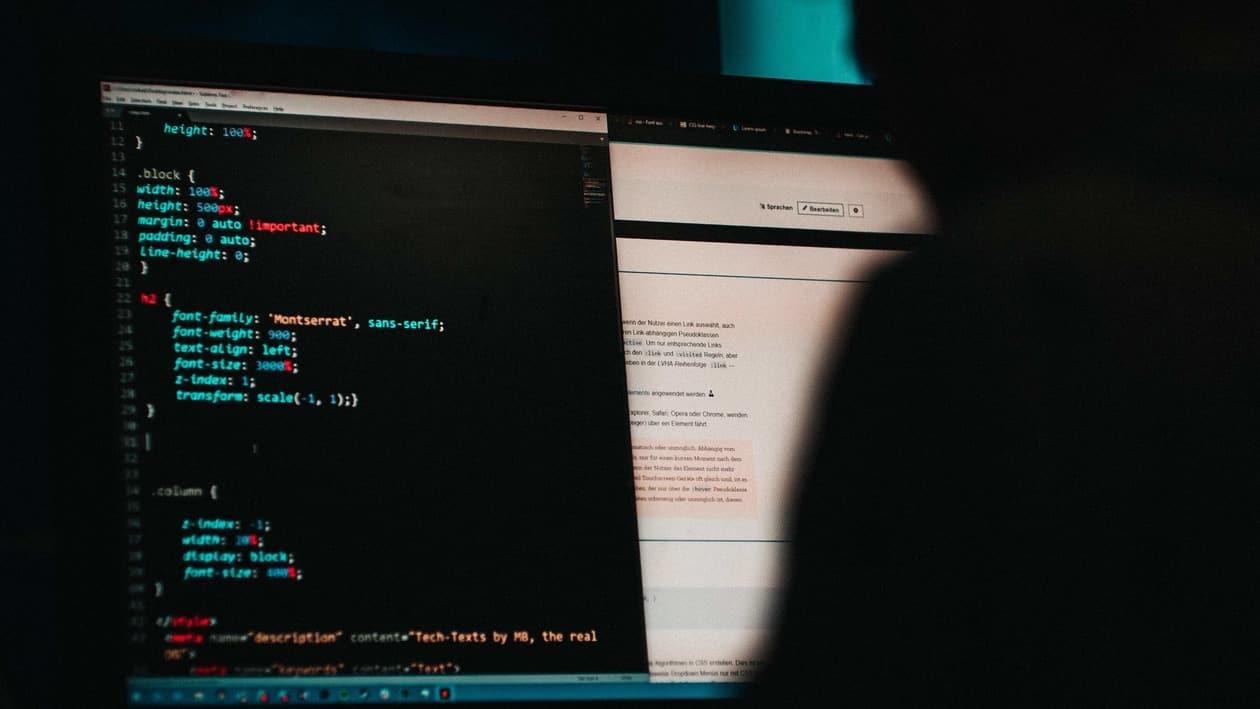As the incidents of hacking are on a rise, there is an urgent need to strengthen the safety of your financial data so that your bank deposits and other financial assets stay safe from security breaches.
Recently, Taiwanese company Acer fell victim to a hacking attack in India where it lost 60 GB of data. A hacker group DESORDEN claimed to have perpetrated this attack. The stolen data also includes financial data and login details of 10,000 customers. This the second hacking attack on the Taiwanese electronics major.
In March this year, REvil hacked the company’s data and demanded a ransom of $50 million from the company after the attack.
Although at a personal level, you may not prevent hacking attacks of this magnitude, you can still try and keep your financial data secure so that you are not defrauded of a big amount in case of an untoward data breach.
Steps that you should take at the earliest to avoid losing money to data theft or hacking:
1 Restrict the sharing of data on websites: First and foremost, you should limit the number of websites on which you have to save your sensitive data. It is advised to restrict the number of websites on which you save your sensitive financial information such as debit or credit card details.
Although it is very convenient to save your card details to avoid entering it every time you make a payment, you may lose this data to some malicious element in case some data breach happens on the website where your data is stored.
2 Keep track of recurring payments: In view of the storage of financial card details on merchants’ websites, RBI introduced an additional factor of authentication (AFA) from October 1 this year.
This means another level of verification via OTP will be sent to the consumer before the payment is deducted from the customer’s bank account.
Earlier, the consumers were not asked to verify a recurring transaction before money was deducted from the debit or credit card saved on the merchant’s website.
The key reason of AFA was to protect the consumers from frauds via misuse of their financial data saved on the websites for recurring payments. It is common for consumers to save their financial data on the websites by saving their debit, credit cards, UPI (Unified Payments Interface) and PPIs (Prepaid Payment Instruments).
Since the AFA will be introduced for payments above ₹5,000, it is advisable for consumers to keep track of the recurring payments below this amount.
3 Do not refrain from blocking the card: If you suspect that your credit card information has been stolen, you can call up your bank and block your card immediately to avoid it being misused.
4. Use strong passwords: Try to use strong passwords and keep changing them from time to time. Aside from limiting access to your credit card details, ensure to restrict your access to social media accounts.
It's from the social media accounts that the user can find answers to security questions such as mother’s maiden name that allow access to your account.
5. Avoid public networks: One should not use public wi-fi to access sensitive information such as bank accounts. This can give fraudsters access to your data. In case you have to use the public wi-fi on a regular basis, try to buy a virtual private network (VPN), which will enable you to create a secure connection.
6. No information to outsiders: Once a security breach has taken place; the hackers might approach you to get additional information by posing as a representative of the bank or credit card company. If you happen to get any such call, never share any sensitive information to anyone. You can even reach out to your bank to confirm whether they actually sought information from you.
So, we can highlight that there is nothing you can do to prevent hacking attempts of the websites where you have saved your debit or credit card details.
But you can, at least, avoid saving your card details on too many portals. And in case you get suspicious of any data breach, do not refrain from changing your password, or blocking your card at once.
